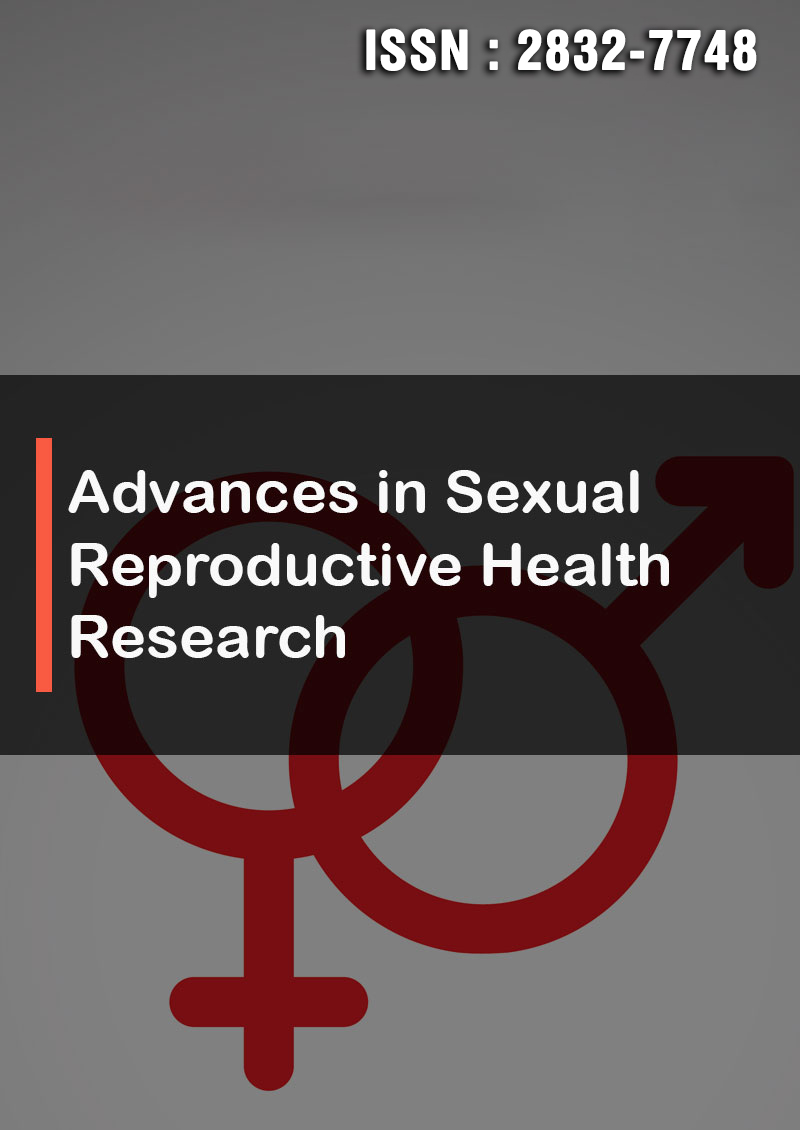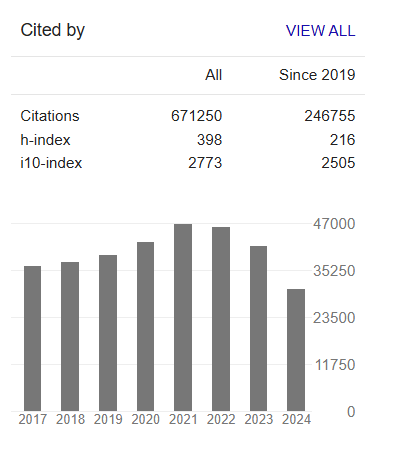Utilization Status of Sexual and Reproductive Health Service Among High School Students in Assosa Zone; Western Ethiopia, 2021
Abstract
Hunduma Dina, Desalegn Imana, Mabratu Demissie, Simachew Kassa Limenh
Objective: This study was aimed to determine utilization level of sexual and reproductive health service associated factors among high school students in Assosa Zone, Western Ethiopia.
Methods: Quantitative cross-sectional study was carried out among selected students from randomly selected section (stratum). Total of 400 samples were proportionally allocated for the stratum and eligible students in were interviewed. Pretested and structured questionnaires were employed before actual data collection. The collected data was interred into Epidata version 3.1 and analysed using SPSS version 25 software.
Results: At least 32% of students utilized one of sexual and reproductive health services in the past six months. Counselling services was the major (69.2%) service utilized and Private clinic was the major 73% place of sexual and reproductive health service utilized. Discussion with mother, knowledge, peer education and having pocket money was factors significantly associated with utilization of sexual and reproductive health services.
Conclusion: Mean value of sexual and reproductive health service utilization among youth students in the past six months was 32%. Utilization of sexual and reproductive health service was affected by accessibility and service confidential should be interventional areas.




